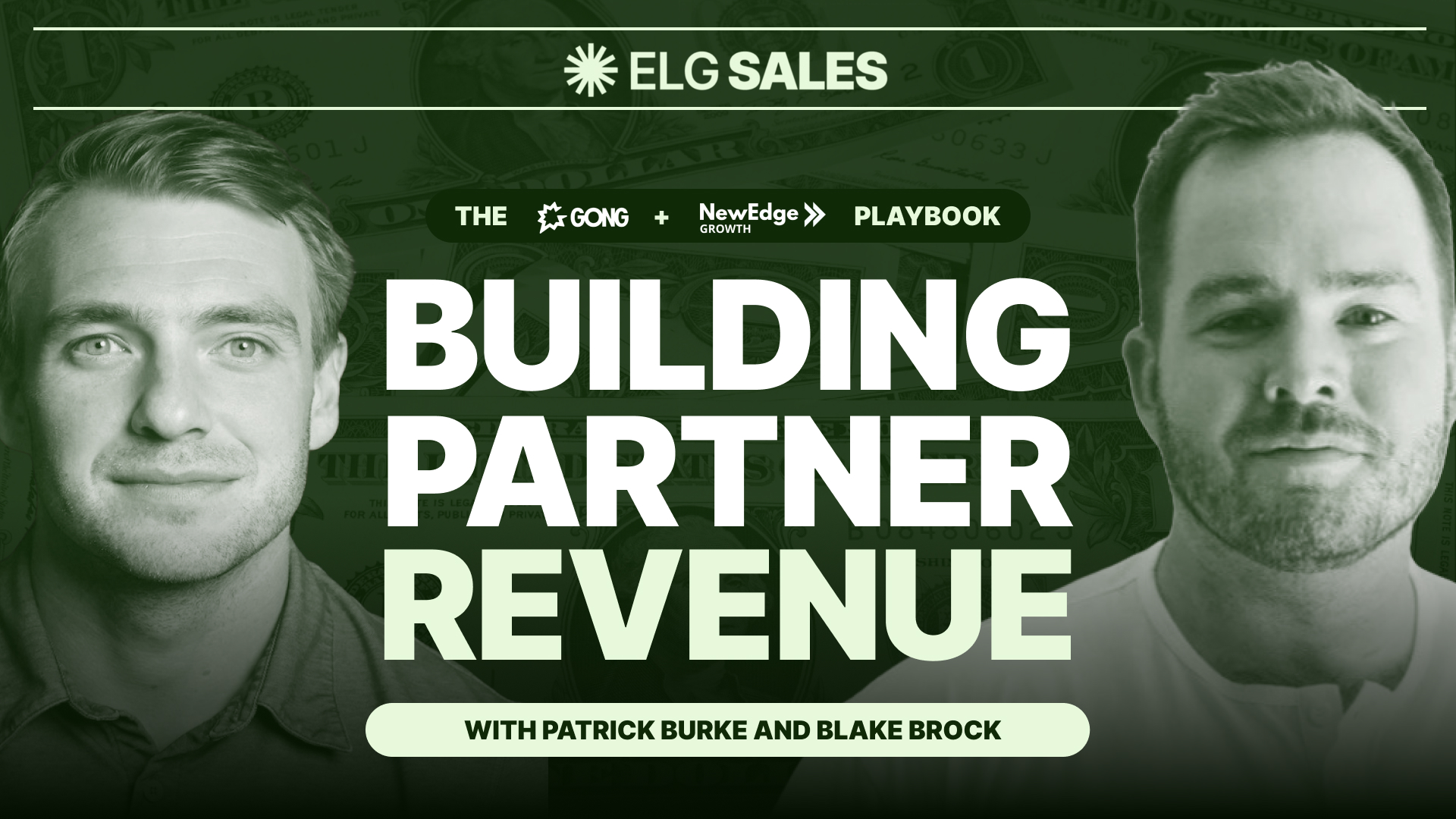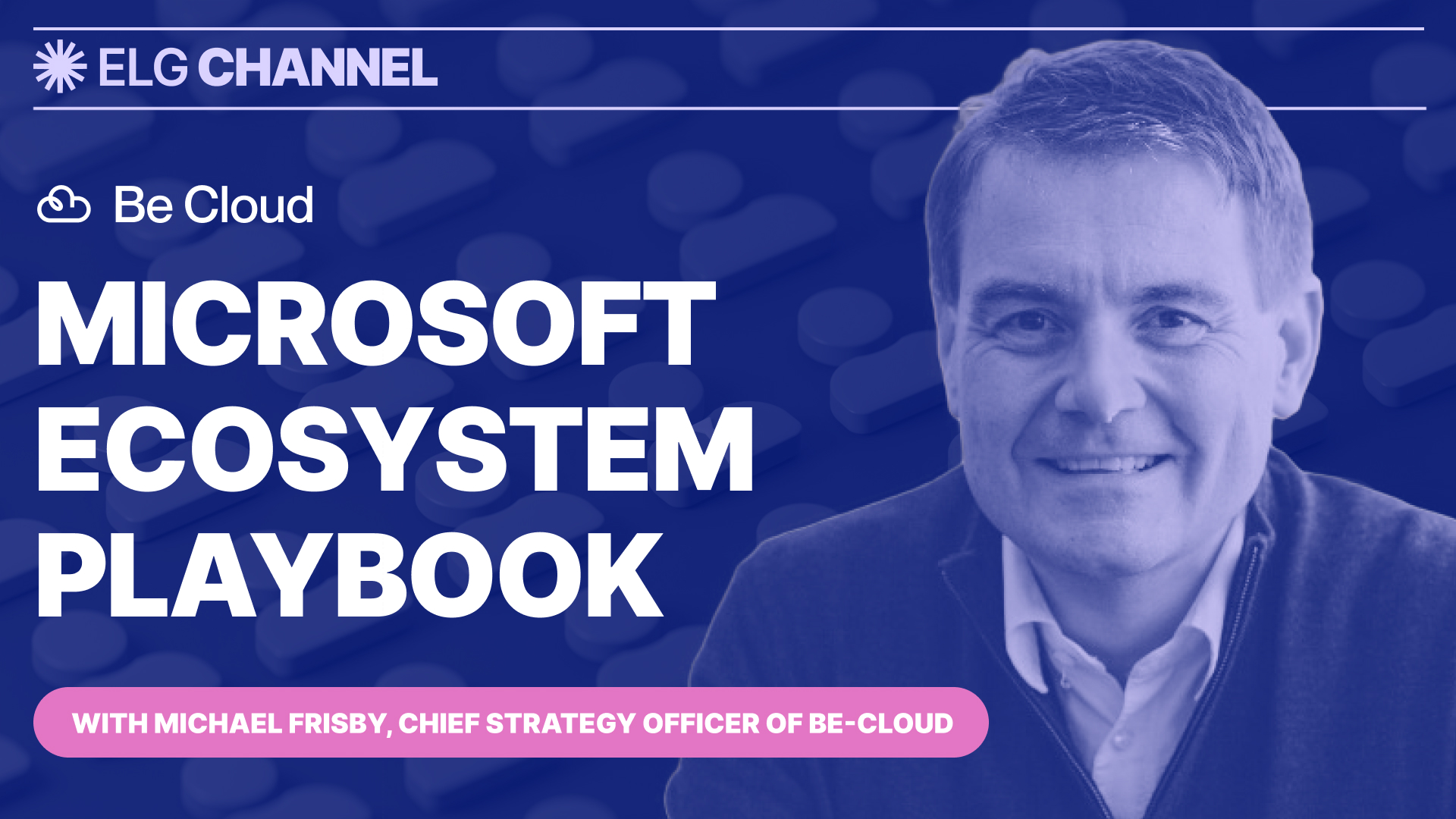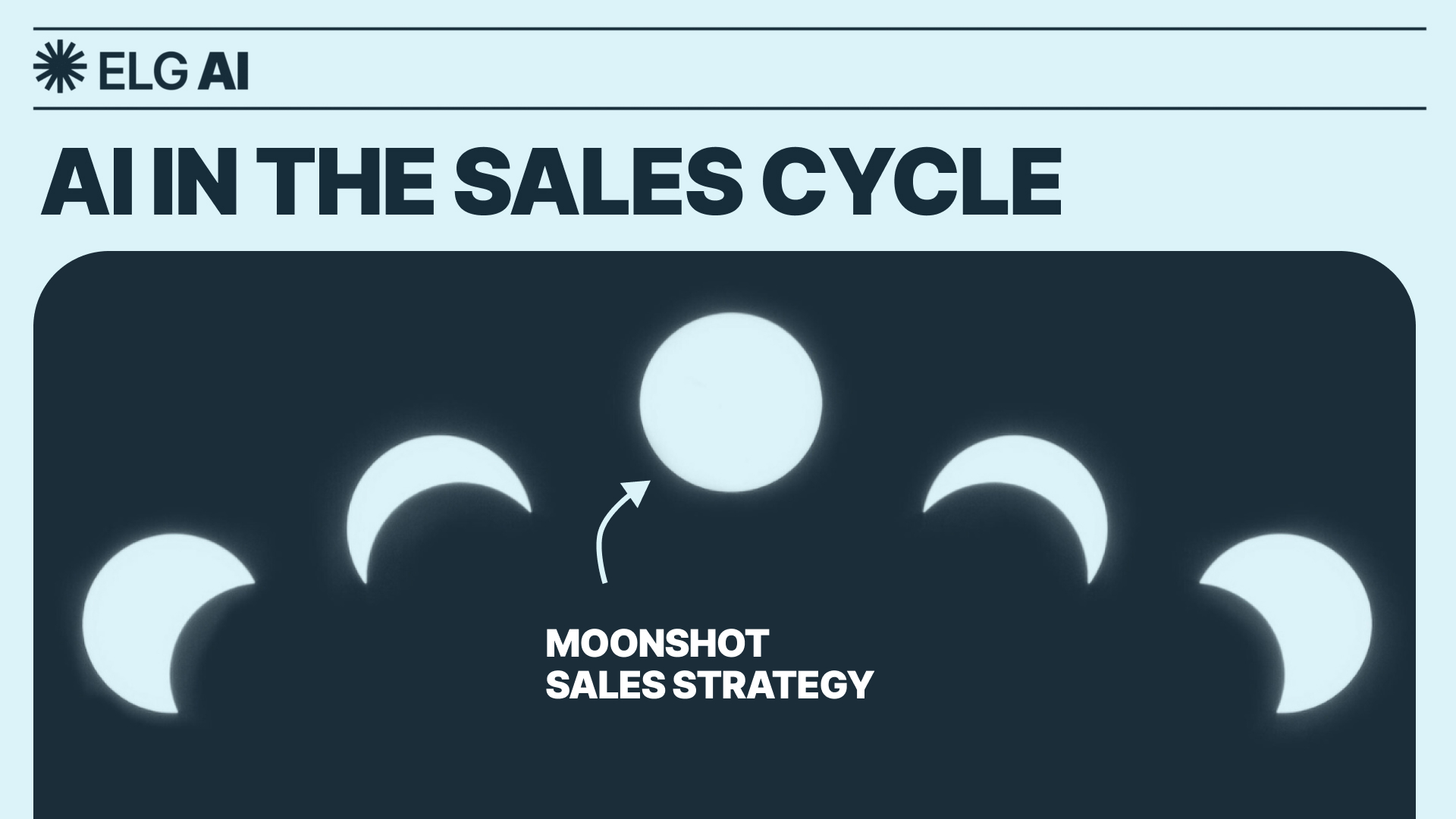Subscribe for Access
Partner pros are revenue people, not just relationship people. Here's Rasheité's list of how to avoid falling into the "Bad PM" traps.

Good PM, Bad PM
Partner pros are revenue people.
This is a controversial statement, but it shouldn’t be.
Partnerships often get pigeonholed as the relationship-building artists of their company, off on their little islands holding hands and doing trust falls with their partners.
Sure, you’re “relationship people,” but what you do is bigger than that.
Because you’ve learned how to turn relationships into revenue.
Good Partner Managers recognize the science behind their activities. They look for patterns that point to winning strategies. When they spot the patterns, they kick it into overdrive.
Bad Partner Managers get stuck in a cycle of artistic aspects of partnerships. They try a million things without any data-backed strategy.
In her recent article, Rasheité Calhoun (Director of Channel Partnerships at AxiosHQ) outlined this and 20 other differences between good PMs and bad PMs.
Use this list to validate your partnership activities:
Good PMs personalize their pitches.
Bad PMs don’t understand the partnership’s unique JVP and reuse sales pitches.
Good PMs understand the market, product, competition, and ecosystem.
Bad PMs go deep on internal product knowledge, but are completely out-of-the-loop when it comes to what’s happening outside of their organization.
Good PMs align data with revenue objectives.
Bad partner managers obsess over their KPIs without understanding how that points back to their company’s revenue objectives.
Good PMs leverage and build relationships to drive revenue.
Bad PMs build relationships without focusing on the revenue component. It’s all fluff and feel-good interactions.
Good PMs get internal stakeholders rallied around partnerships.
Bad partner managers refuse to partner internally.
Good PMs ID opportunities to scale.
Bad PMs think they’re supposed to do it all and stretch themselves thin.
Good PMs appreciate feedback and implement it.
Bad PMs don’t seek customer or partner feedback. Instead, they solely rely on their judgment.
Good PMs have a basic knowledge of how their work fits into the goals of other departments.
Bad partner managers live on their partnerships island, not concerned about understanding the rest of the org.
Good PMs can communicate the value of partnerships in less than 2 minutes.
Bad PMs have a hard time selling the value of partnerships, often use confusing jargon, and pitch partnerships without data.
Good PMs prioritize relationships based on performance and potential.
Bad partner managers are willing to waste resources on partners that aren’t delivering.
Unlock nearbound revenue with data
Leveraging data is key to unlocking valuable insights, optimizing partnerships, and getting buy-in.
Read how Negar Nikaeein, Senior Channel Partner Manager of Strategic Alliances at PartnerStack, and Chris Gorsuch, Senior Partnerships Manager at Workable, use data at 3 key moments in the partnership cycle.
Craft your 2-minute nearbound pitch
Getting internal buy-in is hard; it’s one of the things Partner Managers struggle with most.
We compiled a list of things you need to cover in your nearbound pitch.
From how to explain the How vs. Who Economy, to leveraging data, to showcasing data, to the most frequently asked questions.
“We’ve got a partner for that”
That’s the best phrase in the world. Why? Because there’s no pressure to know or build everything.
Nelson Wang (Head of Worldwide Partnerships at Airtable) compiled 20+ visuals on the value of partners. Check it out here.
And check out the partner recruitment deck you can use today.

From one partner pro to another
Share this NbD with a partner pro. Help a partnerships person out!








.jpg)







%20(1).jpg)






.png)




























.jpg)




.png)






.jpg)





.jpg)

.webp)

















